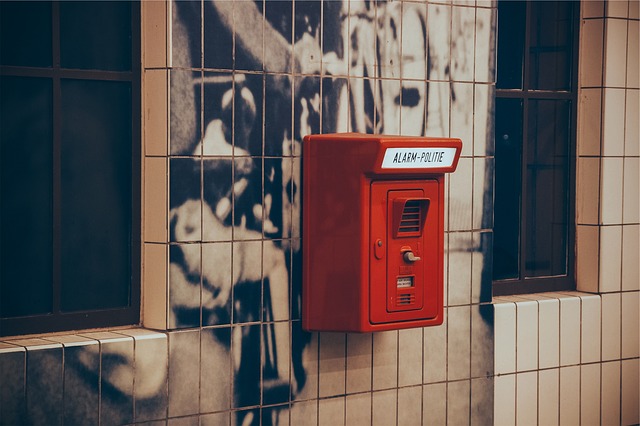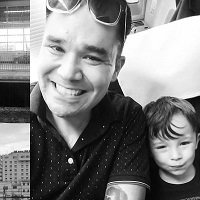Sometimes, the job ain’t easy.
Whether it’s dealing with a sudden surge of 10 patients showing up in five minutes, all wanting immediate attention , or that inability to “get caught up” and the burden of having too many things to do at once.
No matter how tough I think I am, we’re all susceptible to the aggravation caused by others’ hostile or abrasive behavior. I’ve had moments where the stress I like to think I deal with so effectively has caused my temper to flare, casting me in a rather unflattering light.
And then, on some occasions, working in an Emergency Department can be extremely difficult. Take, for example, dealing with a young person’s unexpected death and the havoc it can wreak on the family of the deceased.
In that synergistic moment when in “do mode,” working together with a team to try to save somebody , staying focused on the task at hand is of paramount importance. We don’t have time to feel much more than the adrenaline pumping through our veins, and if we couldn’t handle the blood and gore — well, we wouldn’t be in this business.
It can be a beautiful thing, and one of my favorite parts of working in a trauma ER.
It’s not that I want you to end up as one of my patients. I just want to be there to help if you do.
One of the hardest situations I’ve faced happened several years ago. To say that I was in a bad place at the time is a massive understatement. I was going through separation and divorce, my image of myself as the husband, father and provider was completely shattered, and I was truly struggling. As I worked with my colleagues feverishly to give this man another shot at life, sweat pouring off of me and adrenaline pumping through my veins, I found myself thinking:
This guy probably never did a bad thing in his life. And here he is, dying on our table. And look at me, my life has completely fallen apart, and it’s all my fault.
After extensive resuscitation efforts were deemed futile, the man’s wife and small children were brought to the bedside. They cried (another understatement), begging for him to come back.
“Don’t go! Don’t leave us! I love you! Daddy! Daddy!! Don’t leave!!”
That should be me. This guy doesn’t deserve to die. I should have the tube in my airway, the unused defibrillation pads stuck to my torso. I should be the one ending up in a body bag.
I’ve gotten a few lumps in the throat over the course of my career. But this is the only time I can recall needing to step out to the ambulance bay, completely overcome with emotion.
ER workers are human beings, and regardless of how thick our skin gets—or how skilled we are at detachment — we have empathy, we feel emotions. We are flawed. That is what makes us human.
My favorite thing to say, which I have had the honor and privilege of repeating a few times?
“Welcome back.”
It doesn’t happen every day, week or month for that matter—but every so often, it happens. Someone’s heart stops, and they are quite literally on the edge of death.
My colleagues, for whom I have the utmost respect , are able to help reverse the process. Whether it’s through an electrical charge passed through the chest, medications injected and circulated through the system by CPR, oxygen being pushed into the lungs, bloodstream and brain , or a combination of all of the above, it’s a profound, amazing thing.
Heart muscle starts beating again, they open their eyes, and—even if they’re unable to talk — you can see in their face that they’re back. And they understand what happened.
These moments help me to remember that in spite of everything that makes what we do difficult, frustrating and painful , I have the best damn job in the world.
And it’s good to be back.
~
Author: Adam K. Reis
Editor: Toby Israel
Image: Pixabay
~











Read 0 comments and reply